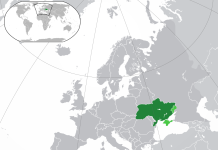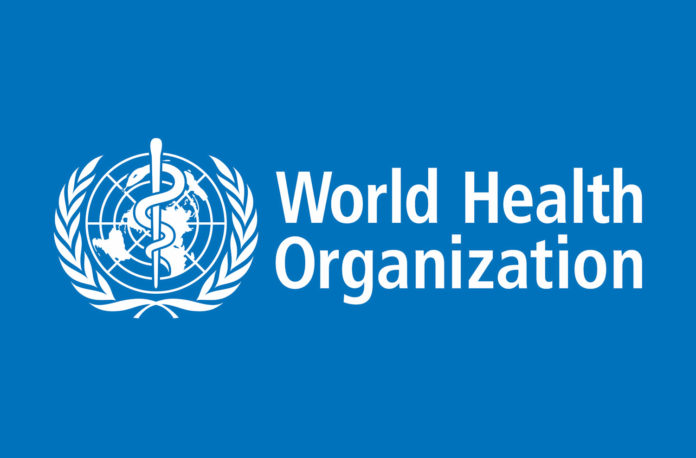WHO presentations at WHA74 on COVID-19 Pandemic Response and the ACT-Accelerator

COVID-19 Pandemic Response update
By Dr Michael Ryan, Executive Director, WHO Health Emergencies Programme
Below are some highlights from the presentation:
- Relaxing measures prematurely has contributed to the surge we have seen through 2020 and the first quarter to 2021. Maintaining strong public health and social measures in every community and thoughtfully adjusting them based on local epidemiology and capacities is absolutely critical for epidemic and pandemic control of COVID-19 for the weeks and months ahead.
- Ultimately, it is in communities, at the frontline, where epidemic and pandemic prevention and control begins and ends. Communities, health workers, facilities facing COVID-19 must be informed, engaged, trained, equipped, protected and supported.
- Operationally, WHO works with a huge range of partners but is always ready to be the first mover, and the provider of last resort.
- On critical supplies, I would like to recognize our partners in the UN supply chain taskforce. We collectively delivered an overwhelming $1.2 billion worth of supplies to 184 countries in 2020, representing over 50% of the stated demands of low and middle-income countries during that period. I am deeply proud of the partners who work so hard to make sure we could fix the broken supply chain.
- At present, a funding shortfall of more than 70% when only received funds are considered has left the Organization in real and imminent danger of being unable to sustain core functions for urgent priorities. The challenges faced by WHO in responding rapidly to acute events are exacerbated by the fact that over 90% of funds received so far are specified or earmarked.
- We must move forward to improve preparedness, preventing emerging risks, increase readiness, be ready to detect and respond, be able to scale and contain small outbreaks quickly, and be in a position to bring pandemics under control earlier, not only to protect health and life but to protect our economies and our ways of life.




















